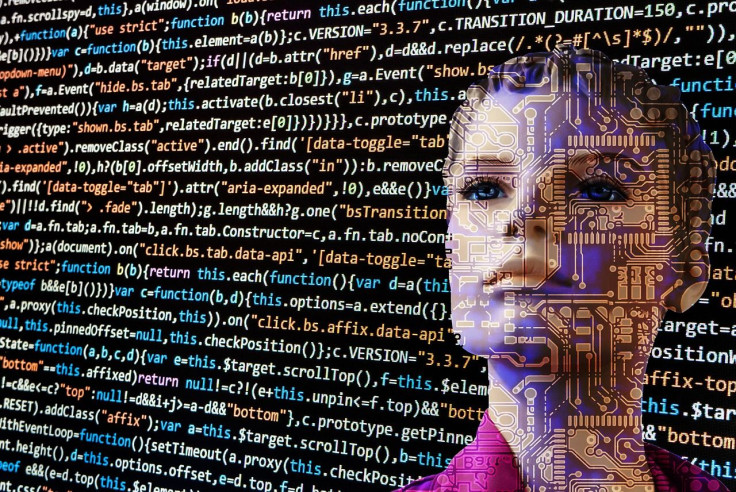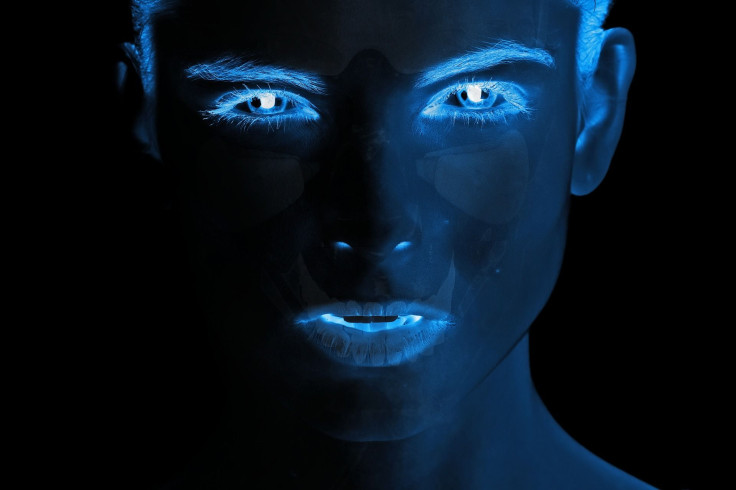South Korea: AI To Recreate Deceased Singer's Voice For TV Show
KEY POINTS
- South Korean singer Kim Kwang-seok died in 1996
- In the SBS show, he will sing a duet with another singer
- The use of AI has triggered questions over copyright issues and the ethics of using this technology
Since the COVID-19 pandemic began, South Korea has used artificial intelligence (AI) to develop virus testing kits and monitor people in quarantine. But it's not the only way AI is being used in the country lately: K-pop performers are using AI technology to perform with holograms of deceased artists, and while it has delighted many fans, it's also triggered a debate on the ethics of these kinds of "performances."
Now, national broadcaster SBS is planning to use AI to recreate the voice of South Korean singer Kim Kwang-seok, who died in 1996, in a show that will be aired this month. "Competition of the Century: AI vs Human" will feature the AI Kim singing a duet with another singer.
SBS producer Nam Sang-moon told CNN that he came up with the show's concept after watching a 2019 match of the strategy game Go between world champion Lee Se-dol and AI program HanDol. In 2016, Lee had played against AlphaGo — the program developed by Google’s DeepMind division — and the computer program won four out of five games.
The company recreating Kim’s voice is the South Korean start-up Supertone. The firm’s co-founder and chief operating officer, Choi Hee-doo, explained to CNN that its Singing Voice Synthesis (SVS) technology learns voices by listening to multiple songs with corresponding notes and lyrics.
This is not the first time AI has been used in South Korea to recreate the voice of a deceased singer. On New Year’s Eve, popular South Korean K-pop group BTS paid tributes to late singer Shin Hae Chul in a performance featuring a hologram of Shin.
Last month, the M-net channel used holograms and AI voice covers in the show "One More Time" to revive late artists and remember their work.
The use of artificial technology comes with legal and ethical concerns. Copyright issues can pose difficulties for companies jumping into AI, and finding high-quality music samples of deceased artists is also a challenge, Korea Herald noted.
Another issue revolves around the ethics of using this type of technology. Some say that using holograms and recreating the voice of deceased artists is just a way of making a profit for those who own the rights to the artists' music, according to DW.
Another incident that raised questions about ethics and how the data collected by AI is used, was the suspension of a South Korean AI-powered chatbox this month. The chatbox was pulled from Facebook messenger after complaints that it made offensive comments regarding people with disabilities and about homosexuality.


© Copyright IBTimes 2025. All rights reserved.





















